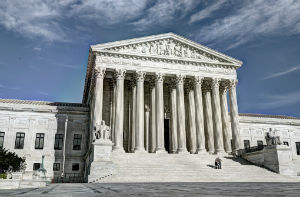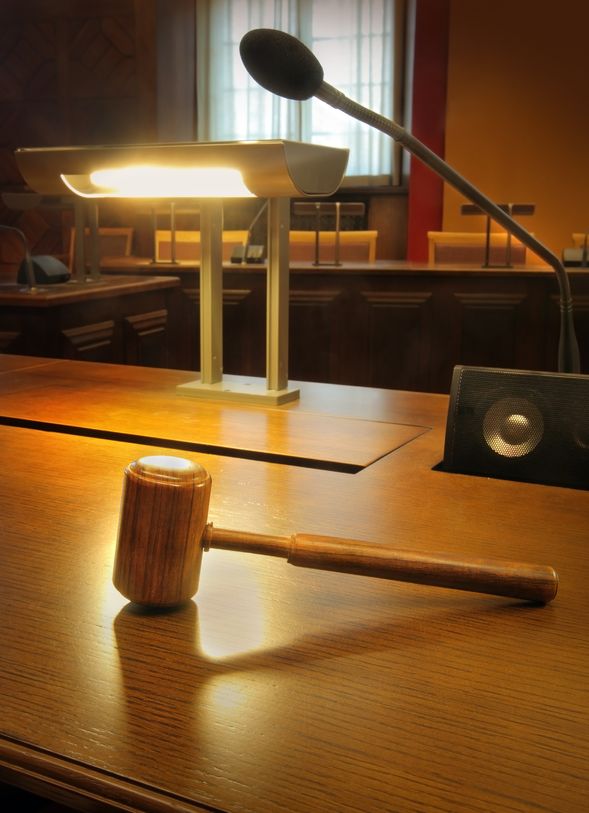New Jersey Amends Workers Compensation Laws for First Responders
Gov. Phil Murphy recently signed two bills into law that amend provisions of the state’s workers’ compensation law to benefit first responders, including those who became ill after volunteering at the World Trade Center site in the days after 9/11. “Any first responder whose career has been cut short because of






